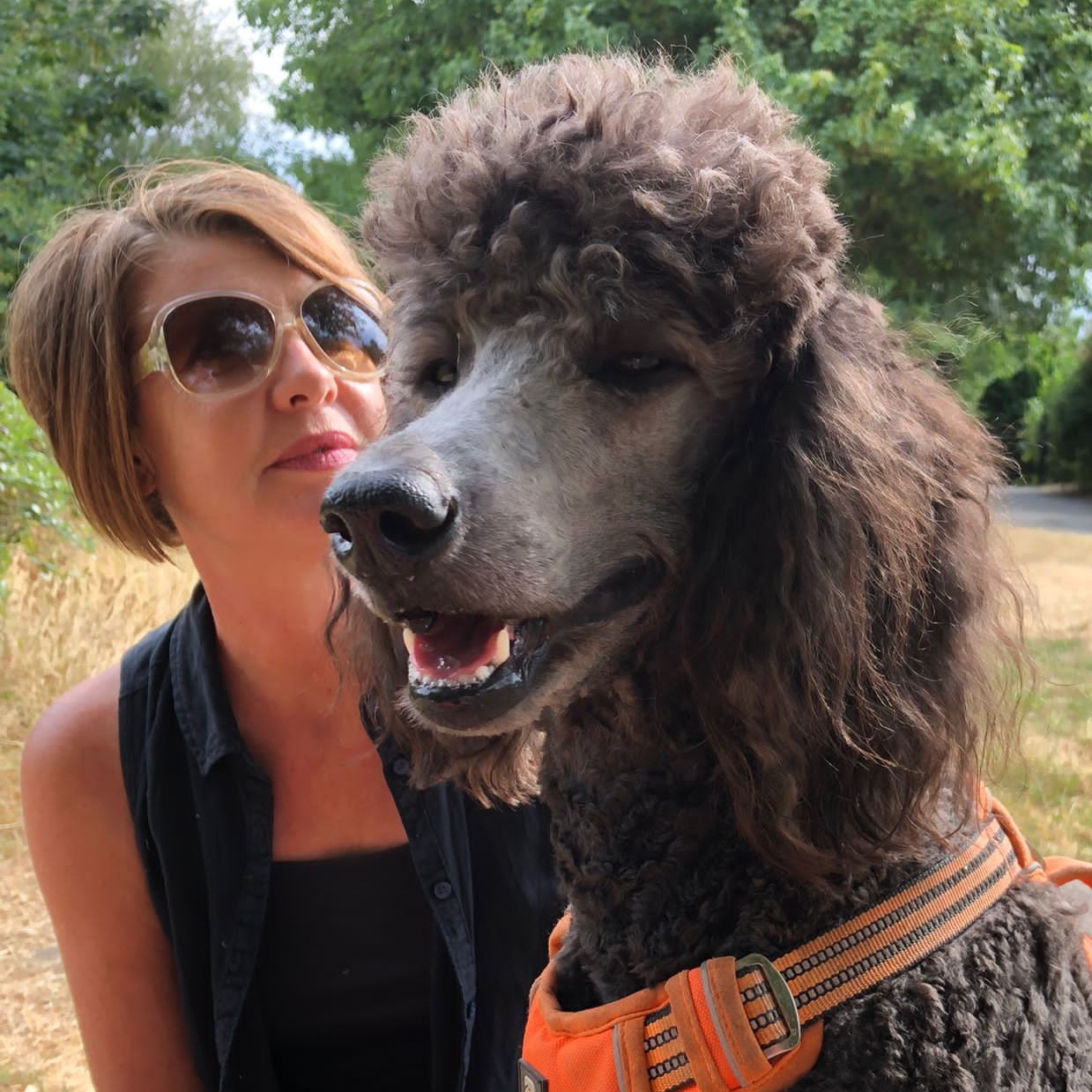Angela Anderson is an artist and researcher working primarily in multi-channel video installation. Through speculative cartographies of multiple materialities and temporalities, her work seeks to challenge patriarchal, extractivist narratives and foster inter-species & inter-material solidarity from a queer feminist perspective. Recent exhibitions and festivals include Queer Porto 2022, 2021 Kyiv Biennial, Pravo Ljudski Film Festival Sarajevo, Tallinn Photomonth Biennial, Holbaek Images (DK), the 2015 Thessaloniki Biennale, and as co-author in documenta 14. She is a candidate in the PhD in Practice Program at the Academy of Fine Arts Vienna and assistant professor at Kunsthochschule Kassel, and an instructor at Bard College Berlin.
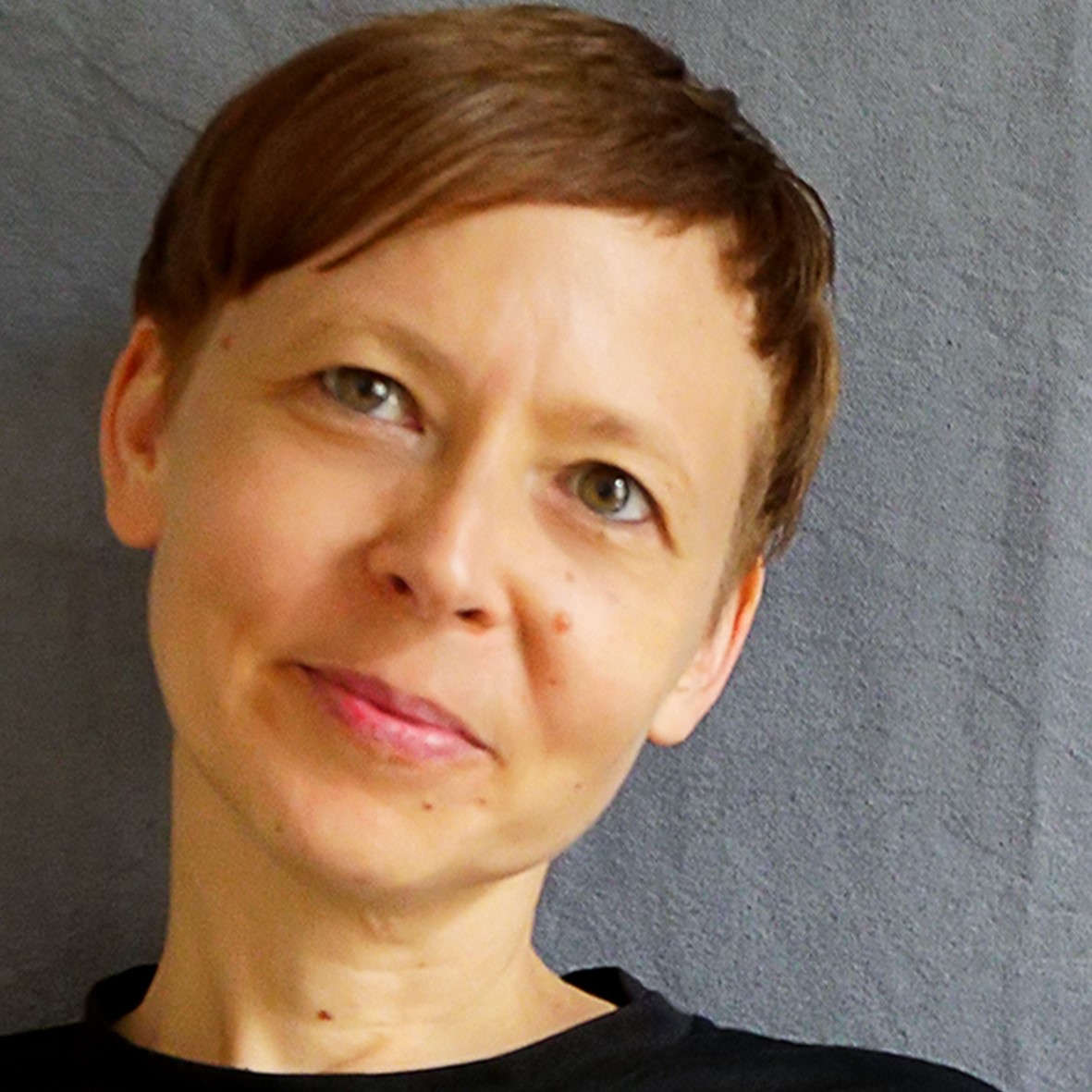
Angelika Levi is a Berlin based filmmaker. Her work is shown at international film festivals, cinemas and exhibitions. Her short film Faust aufs Auge (1988) won the No Budget Video Prize Hamburg, and Desiree & Polylepis (1994) was rated “high quality” by the German Film Classification Board in Wiesbaden. MY LIFE PART 2, her first full-length documentary, won several awards and had its premiere at the Forum/International Berlin Film Festival 2003. Her essay film ABSENT PRESENT (2010) had its Premiere at The Women´s Film Festival in Barcelona. Children of Srikandi had its Premiere at the Panorama/ international Berlin Film Festival 2012 and won also several awards. MIETE ESSEN SEELE AUF (Rent eats the soul) was shown as a 3-channel film installation in the exhibition "Housing Question" in "Haus der Kulturen der Welt" in Berlin 2015. Levi is working also as an editor and dramaturgic advisor. Her film AHORITA FRAMES premiered at the 71st Berlinale in Forum Expanded in 2021.
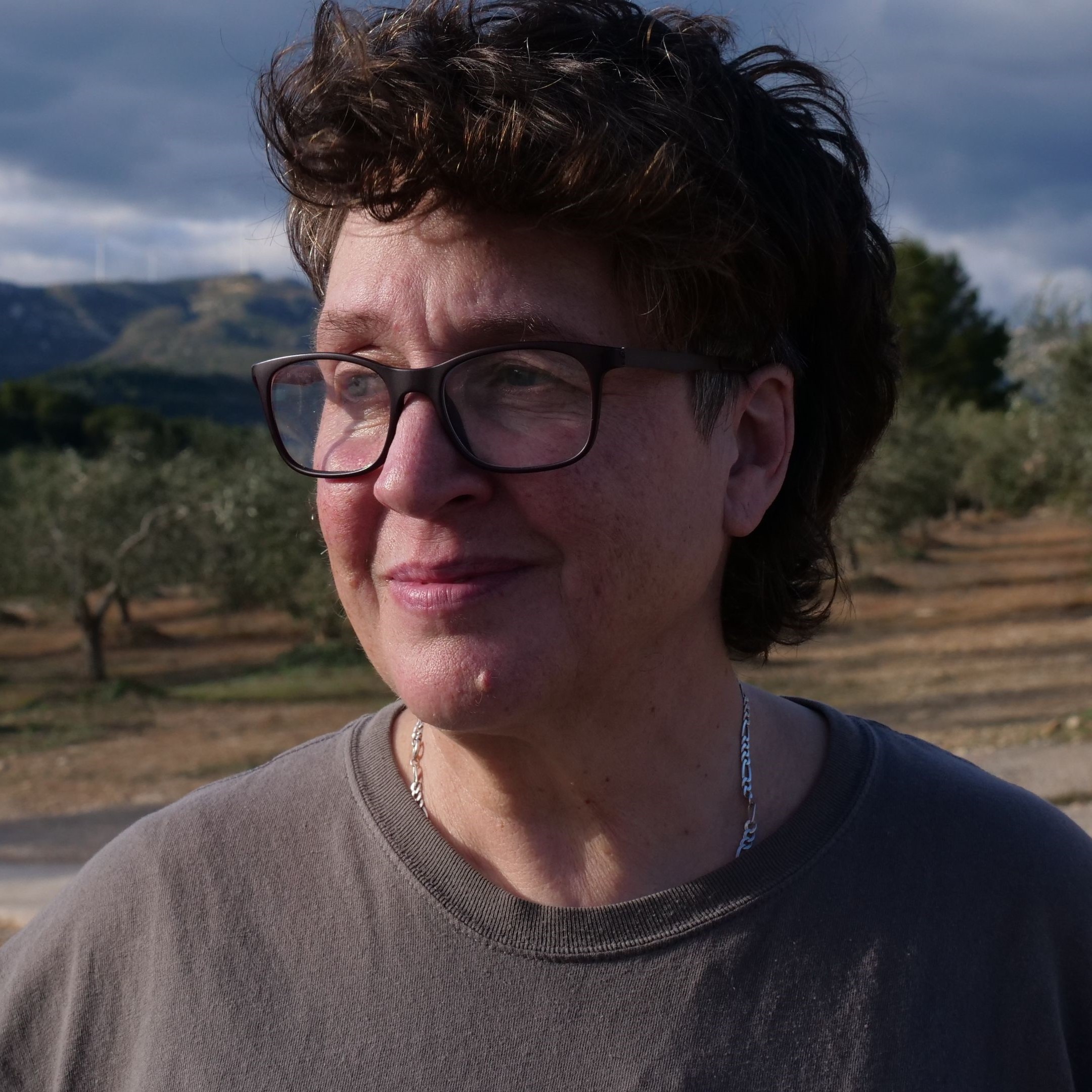
Born 1955, lives and works in Amsterdam. Since 1979 film critic and festival curator specialized in films made by women. Curator of the lesbian program of the International Lesbian and Gay Filmfestival Holland (1986 and 1991) and San Francisco (1991). Since 1994 film historical research on woman filmmakers in the silent cinema; lecturer in film theory and history at Dutch universities. In 1999 co-founder of the international Conference ‘Gender and Silent Cinema’ (since 1981 continued as bi-annual conferences ‘Women and the Silent Screen’. She was awarded her PhD in 2005 on the theatre and film careers of silent cinema actresses and directors Adriënne Solser, Musidora and Nell Shipman. Her comprehensive study of these careers, Women in the Silent Cinema. Histories of Fame and Fate, was published 2017 by Amsterdam University Press. Further archival research i.a. on Asta Nielsen and Theatre and the (largely lost) oeuvre of the German scenarist, actress and film director Rosa Porten.
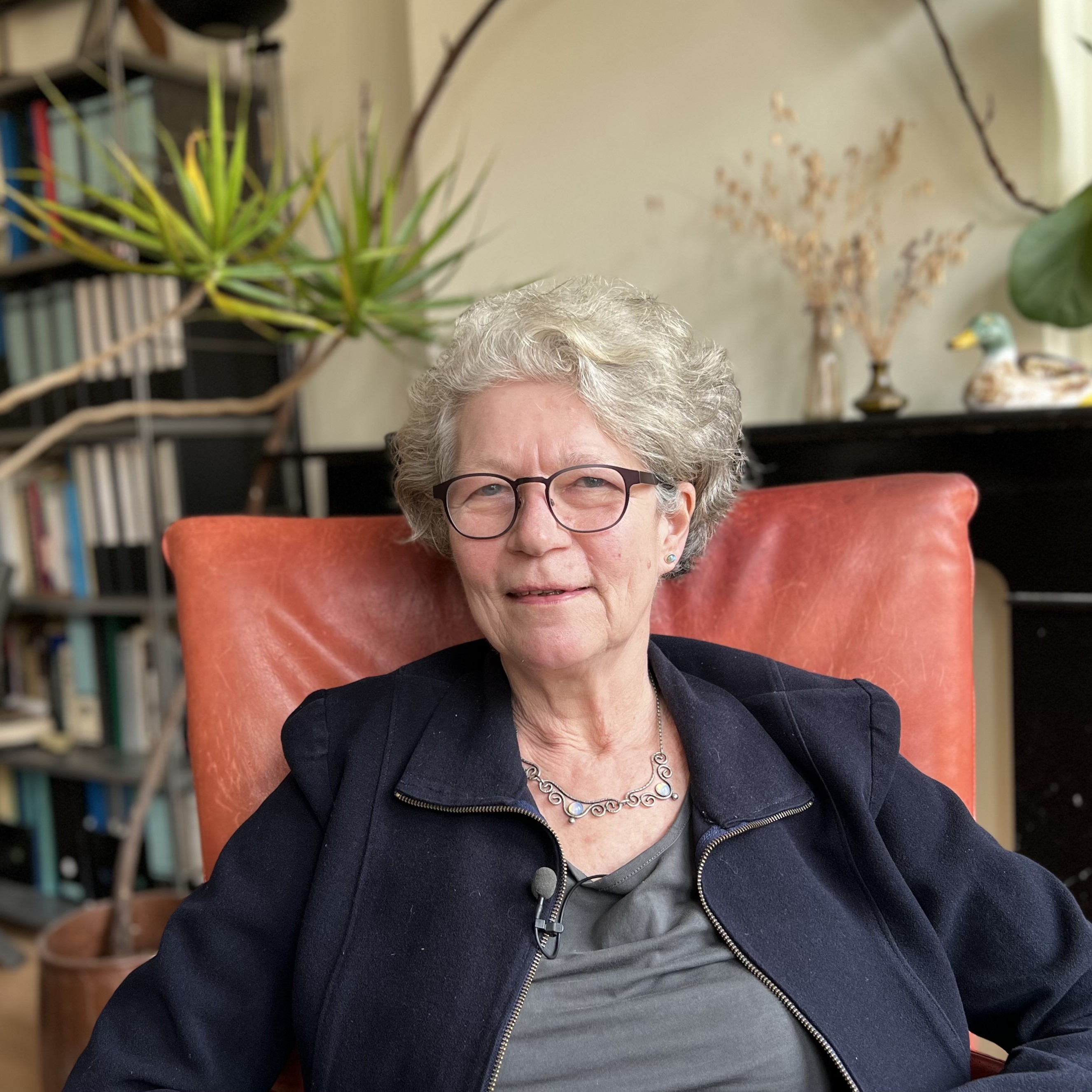
Betania Ramos Schröder is the daughter of the Orixa Oxum, Irene and Teófila. As a single mother, sociologist, author and transnational activist, she is a committed speaker on anti-racism, migration, political participation and social movements. She is active in various initiatives such as the BrasilNilê e.V. association and the AfroBras initiative and participates in various author projects with feminist, Afro-diasporic women. Her favourite childhood memories are associated with visiting the Cinema Sao Luiz in Recife, where she went to the children's matinee on Sundays with her father Breno.
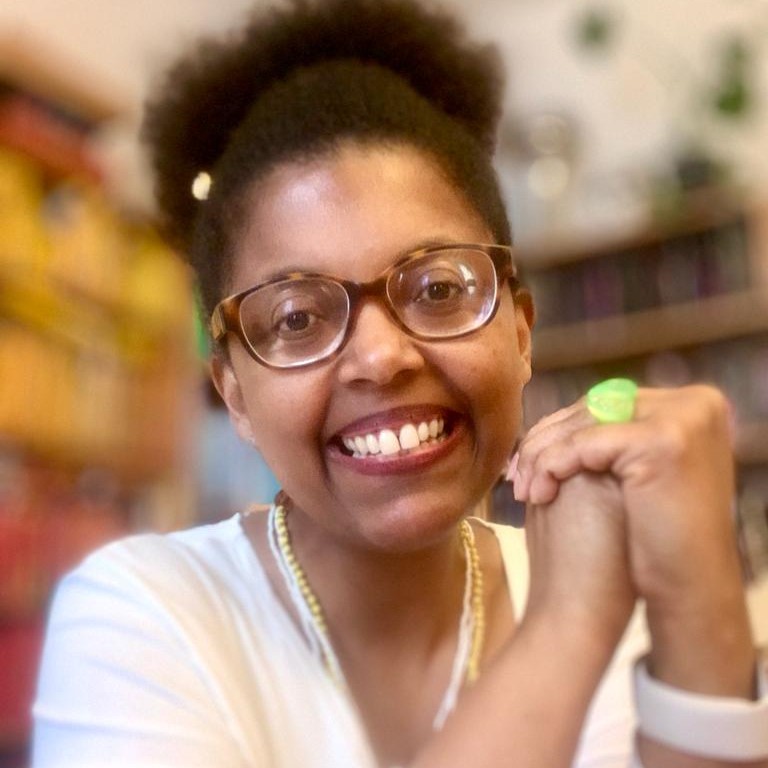
Balvers studied saxophone at the Amsterdam Academy of Music . She is a member of the Amsterdam Saxophone Quartet and has worked in that city with internationally renowned musicians. She is also a member of Maud Nelissen's film music orchestra The Sprockets and teaches saxophone at the music school in Amersfoort.
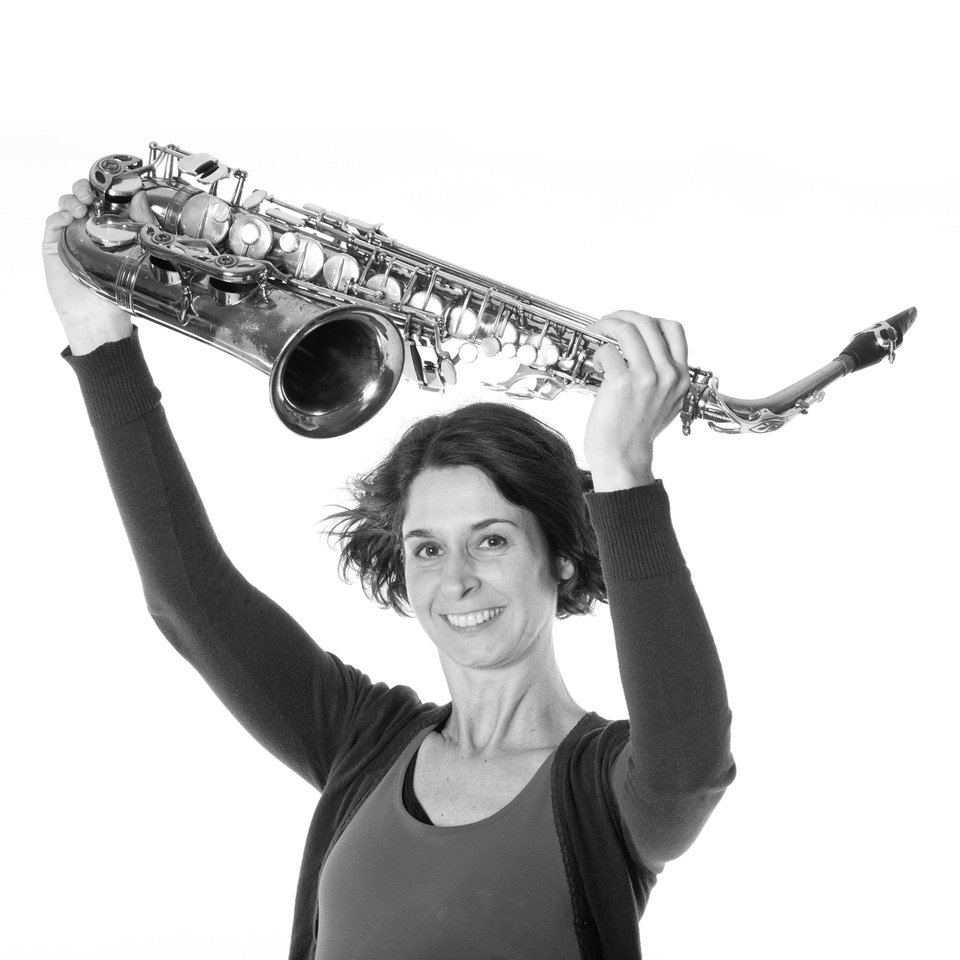
Born in Austria, has lived in Berlin since 1964. Documentary and feature films, director, cinematographer, photographer, Oh Muvie Foto-Film-Produktion. Premieres Berlinale and international festivals. Director of photography for Monika Treut, Werner Schroeter, Rosa von Praunheim. Awards for directing and cinematography. Teaching assignments at the German Film and Television Academy Berlin and UDK, University of the Arts Berlin and Hamburg. Retrospectives. The analog work was restored by the Deutsche Kinemathek.
Member of the Akademie der Künste Berlin since 1991. For his life's work 2014 Special Prize Award for Artistic Achievement. Exhibitions and 2018 exhibition Waste Products of Love at the Akademie der Künste, Elfi Mikesch, Rosa von Praunheim and Werner Schroeter - Scholarship Villa Aurora, LA.
Current: WAR OR PEACE (documentary film, 2023), Il Cinema Ritrovato Bologna 2023 and Film Festival in Strasbourg.
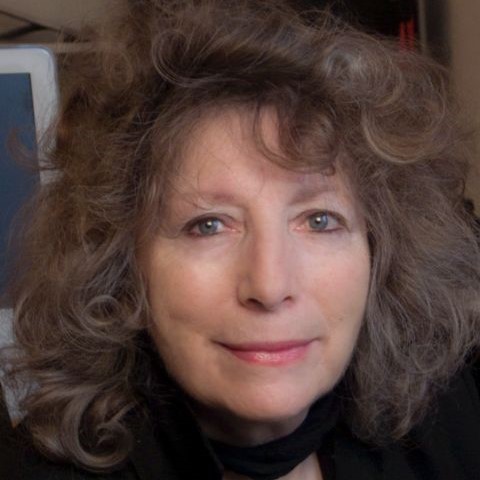
Elif Rongen-Kaynakçi is the Curator of Silent film at Eye Filmmuseum. Born in Istanbul, graduated from the Univ. of Amsterdam Film & TV Studies in 1997, she is employed at the Eye Filmmuseum since 1999. Next to being responsible for the internationally renowned Desmet Collection, she has worked on the discovery, restoration and presentation of many presumed lost films, with a particular focus on the oeuvre of forgotten actresses such as Rosa Porten, Sarah Duhamel, Tsuru Aoki, and many other unnamed comediennes. Elif served two terms as an executive committee member of the Women and Film History International and co-organized the Women and the Silent Screen 2019 Conference at Eye. She is also one of the curators of Early Cinema’s Nasty Women; a DVD box set featuring 99 silent films, released in December 2022.
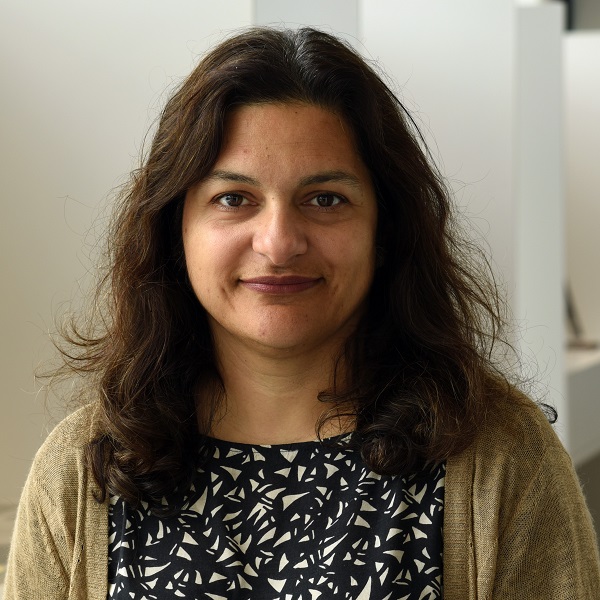
feminist elsewheres is a group consisting of Arisa Purkpong, Sophie Holzberger, Charlotte Eitelbach, Fiona Berg and Elena Baumeister, which was founded in connection with the 50th anniversary of the 1973 Frauenfilmseminar to re-examine the event, and its update in 1997, from today's perspective. The result was a festival with an accompanying exhibition, panels and workshops: www.arsenal-berlin.de/en/cinema/film-series/ feminist-elsewheres/.
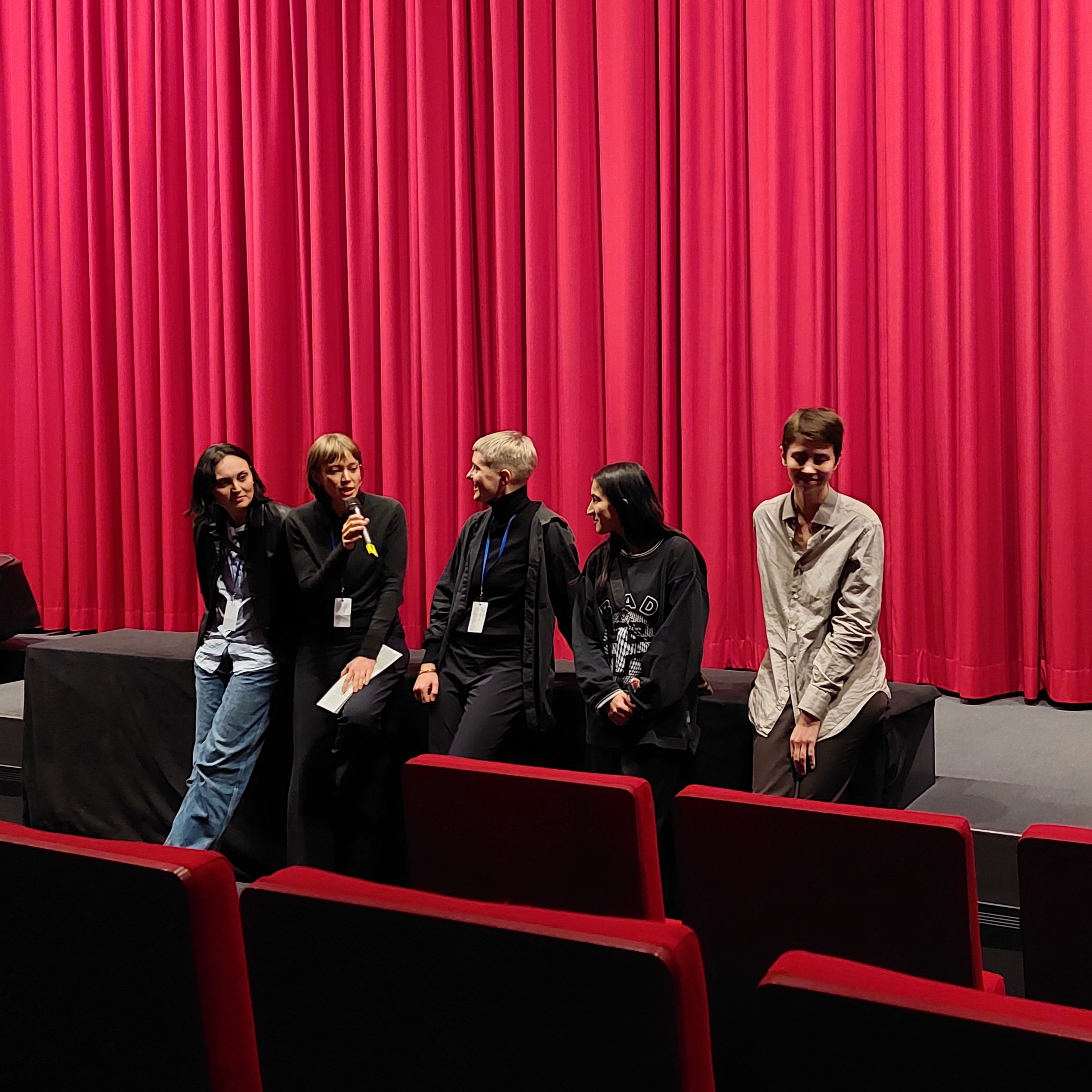
film worker, born in 1951 in Lippstadt. She studied German, journalism, and pedagogy at Ruhr University Bochum from 1970-73, and was a member of the Studienkreis Film. From 1973-77, she was an assistant director and dramaturge at Schauspielhaus Bochum and headed the cinema BO-Kino. She moved to Berlin in spring 1977. 1977/78 Freunde der deutschen Kinemathek distribution department; 1978 management of the cinema release of REDUPERS for Basis-Film Verleih. In 1977, together with Ulrike Herdin, Christiane Kaltenbach, and Gertrud Zyber, Westbeld established the initiative FRAUEN im KINO. 1977-1980 collaborator on the magazine Frauen und Film. In 1979 and 1980, she founded and ran CHAOS FILM, distributor and promotor of films by women. 1979 founding member and long-term board member of Verband der Filmarbeiterinnen (Association of Women Film Workers). 1982-1992 venue manager of the Akademie der Künste for the Internationales Forum des Jungen Films during the Berlinale. 1991-2001 involvement in the setting up of Tatjana Studio Minsk (Belarus), member of the team that organised the International Women’s Film Festival in Minsk. Since the late 1970s, employed as a unit manager, assistant director, and location scout on almost 100 film and TV productions, national and international, diverse genres.
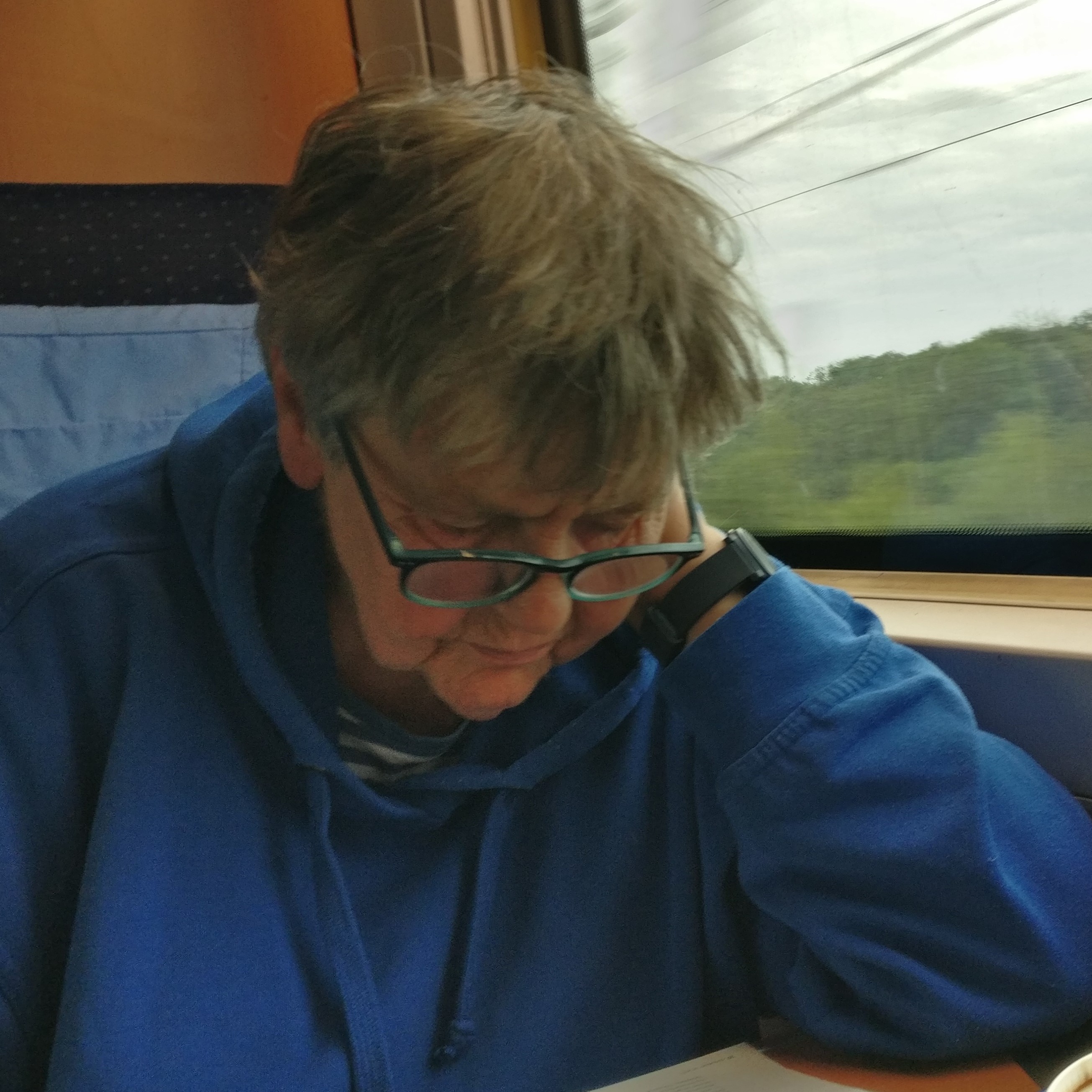
Imelda Taurina Mandala was born and grew up in Jakarta, Indonesia. Since 2014 work and live in Berlin, Germany. Imel joined kelas liarsip in 2020. kelas liarsip is a virtual study group that focuses on film archive studies, restoration and the history of women in Indonesian cinema. When not busy working in kitchen, Imel loves to hang out with friends and kitty cat. Some of Imel favourite films are THE WATERMELON WOMAN by Cheryl Dunye, MEIN LEBEN TEIL 2 by Angelika Levi, TALE OF THE THREE JEWELS by Michel Khleifi.
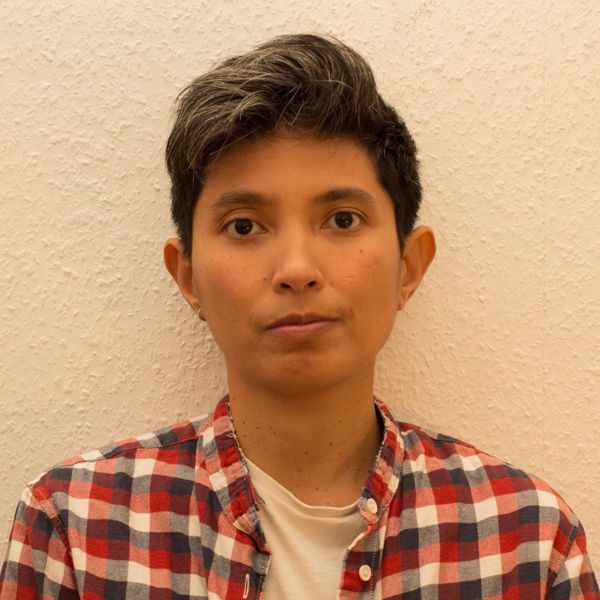
Studies of psychology, medicine and literary science in Helsinki and Hamburg. Magister treatise on Ingeborg Bachmann's written imagery, Studies at HFF München (Academy of Film and Television Munich) 1967-1970. Own film production since 1974 (Theuring-Engström Filmproduktion).
Films (a.o.) DARK SPRING (1970), BATTLE FOR A CHILD (1974) NARRATION (1975) together with Harun Farocki, ESCAPE ROUTES TO MARSEILLES (1977) together with Gerhard Theuring, LAST LOVE (1979), FLIGHT NORTH (1985), NEW ANGEL. WESTWARD (dir. Gerhard Theuring 1987, IE producer), GINEVRA (1992), MRS. KLEIN (1994). Publications a.o.: "Etwas über Schlussbilder und meine Liebe zum Kontinent" in Filmkritik 3/1976, "Fluchtweg nach Marseille" with G,Theuring, Filmkritik 2/1978, "Escape Route to Marseilles", dossier in framework 18/19, 1982, "Doppelskizze" on Harun Farocki, close up 1998, further materials and conversations in: Renate Möhrmann "Die Frau mit der Kamera" 1980, in Frauen und Film 22/1979, epd film 5/1986. a.o. Recent publications: Materials to Escape Route to Marseilles (HaF-Institute 2019), "D' autres heritages", Claire Angelini in Europe mai 2020, dossier I.E in Swedish in walden filmtidskrift 17/18 2020. Coming: several films in DVD edition filmmuseum, Munich.
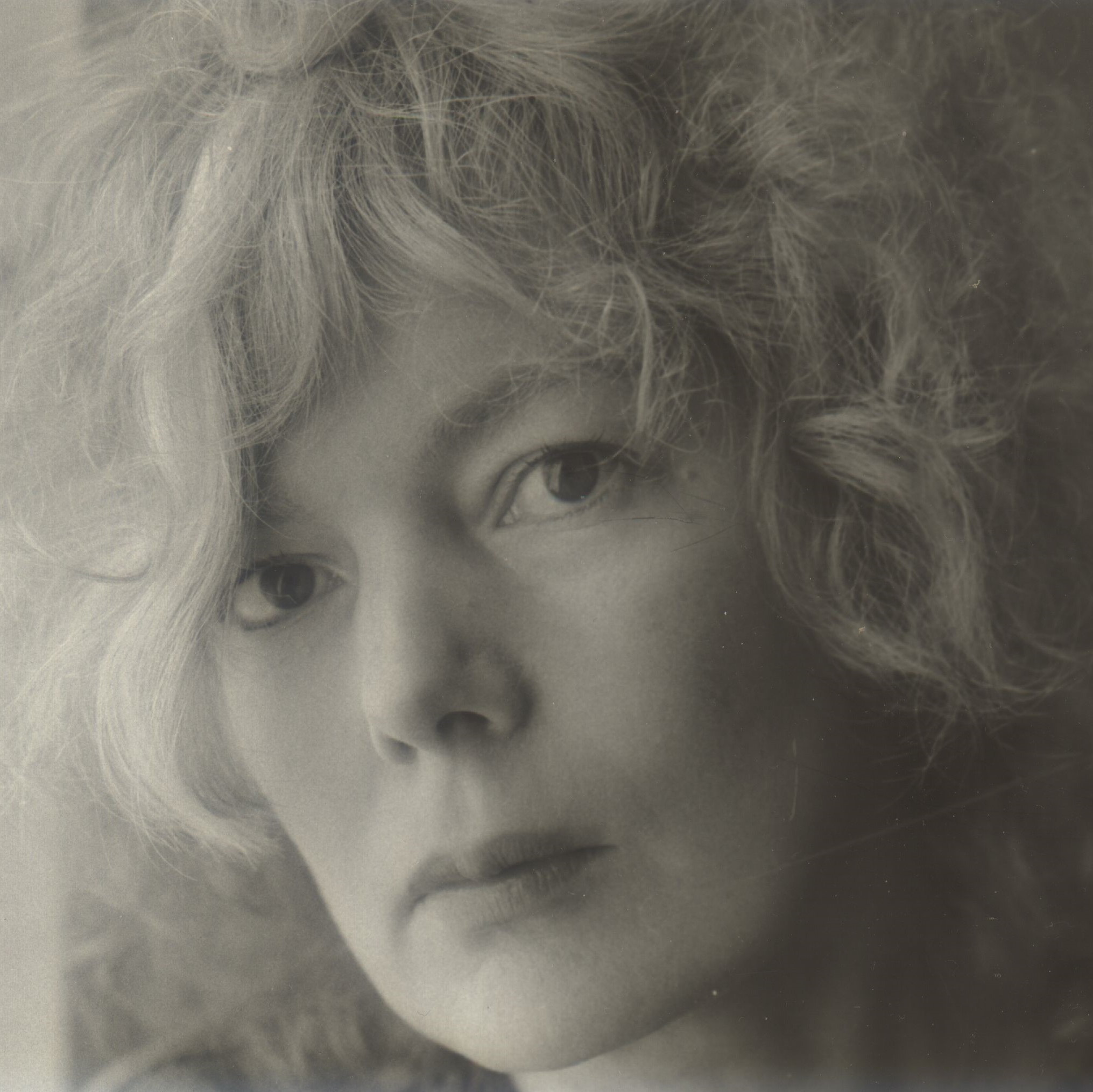
Julia Wallmüller is a film restorer at the Deutsche Kinemathek and heads the team of restorers within the Digitization of national film heritage project. Before joining the Deutsche Kinemathek in 2010, she worked independently on numerous practical, theoretical and academic projects and as a lecturer in the field of digital film restoration. Her particular focus has always been on dealing with ethical and aesthetic issues in restoration.
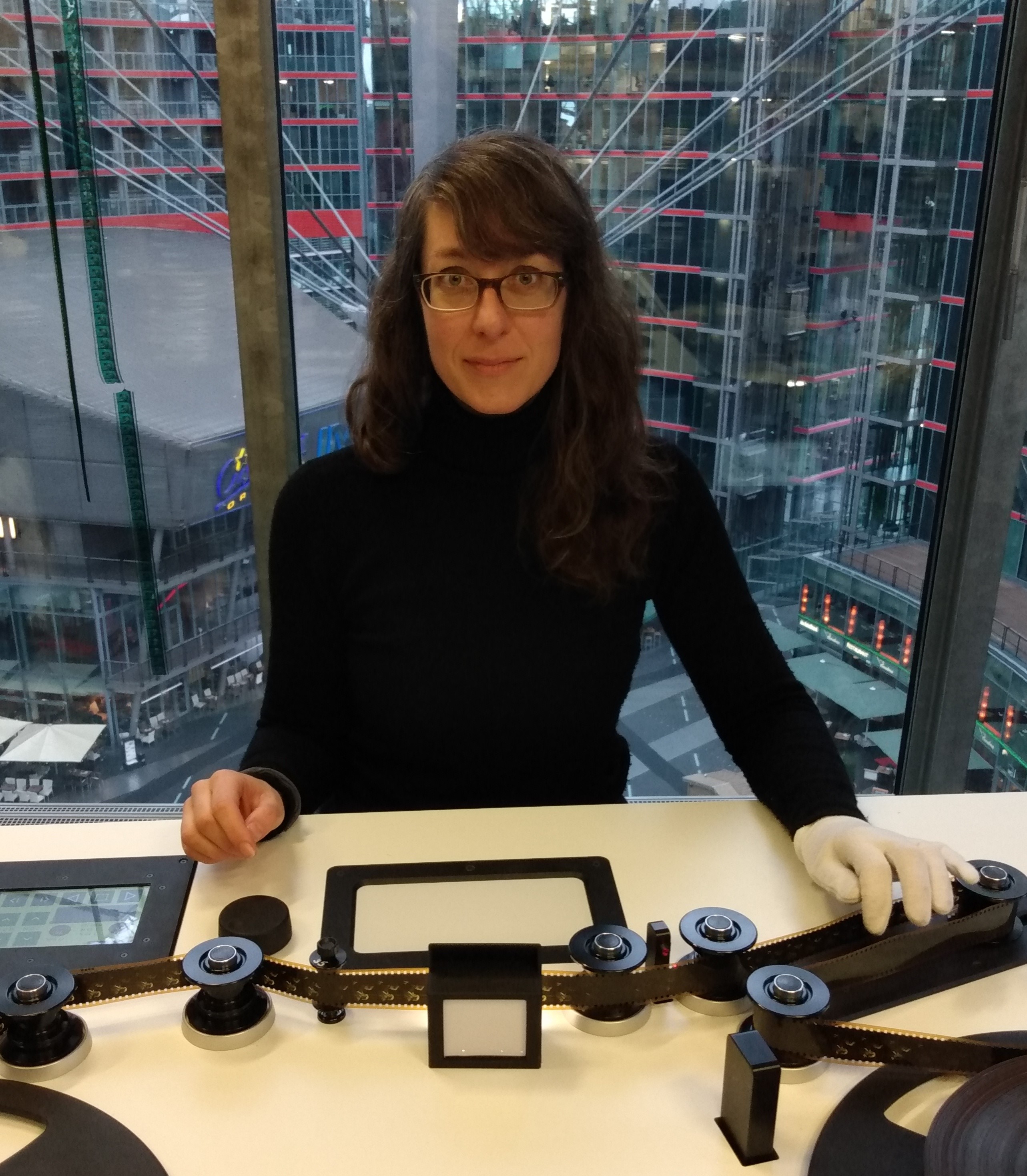
Kajsa Hedström is Project Manager at the Archival Film Collections, Svenska Filminstitutet. Before responsible for the Bergman centennial 2018, Curator of Filmarkivet.se, and in the editorial committee for digitization and Nordic Women in Film. Kajsa Hedström has had several positions within the Swedish film industry: Head of Acquisitions at arthouse distributor Folkets Bio, VP Int'l Distribution, AB Svensk Filmindustri and Head of Cinemateket, Svenska Filminstitutet.
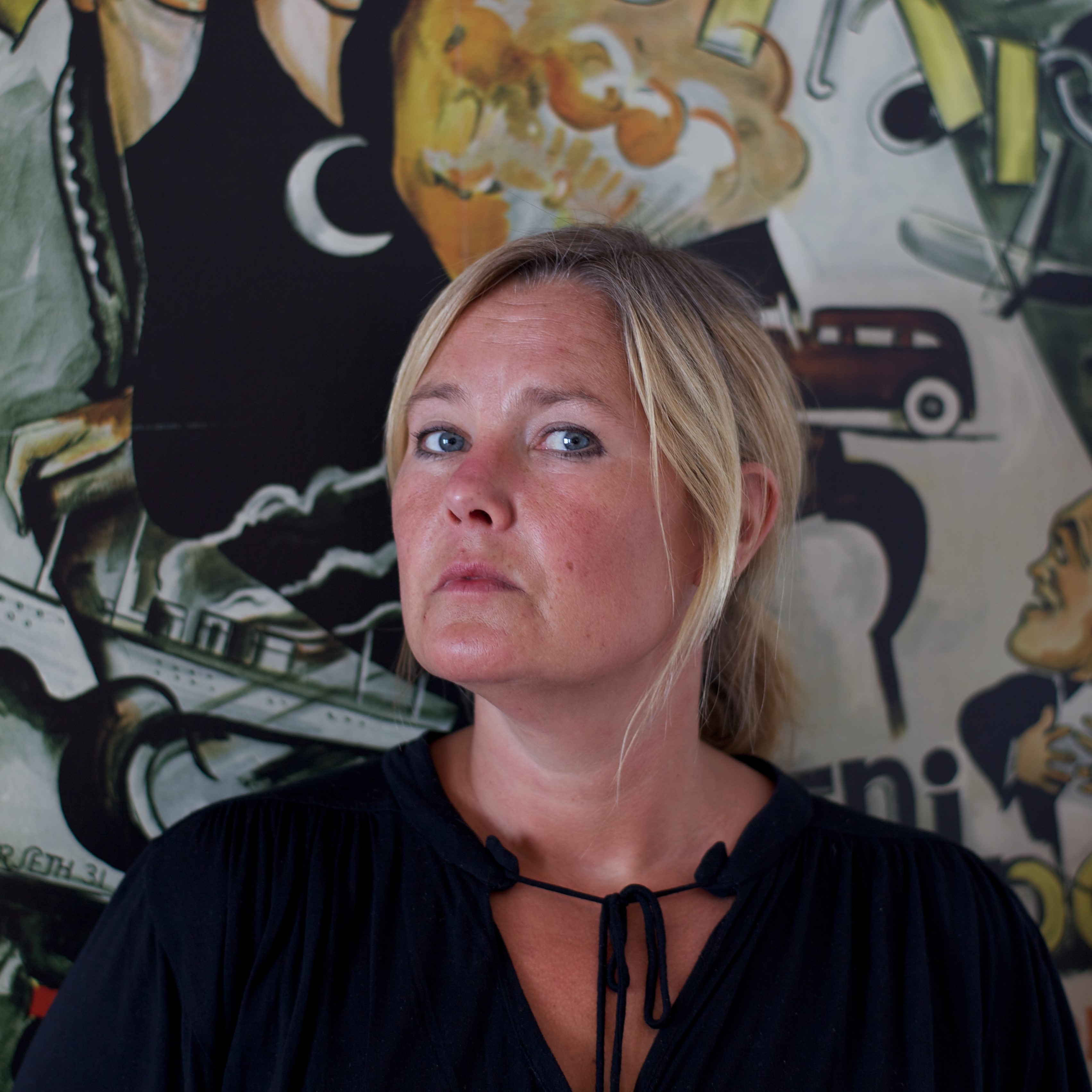
Katja Wiederspahn studied philosophy and film studies in Frankfurt am Main and gender studies in Berkeley, California. After many years of working with the independent dance theater company Laokoon Dance Group, she was drawn to cinema in the early 1990s and has been passionately addicted to it ever since. Cinema is her passion, hobby, livelihood, cruising spot, teaching and theory workshop - and much more besides. From her dance theater work, on the other hand, she has retained her love of dancing, although she pursues it far too little, she says. As a translator - especially as a member of the queer_feminist translation collective gender et alia and together with Dagmar Fink - she loves and celebrates the work on the term and the collective examination of language, and as a film festival worker together with Dagmar Fink, among others, simply everything that the cinema has to offer as a public, shared, even collective space for experience and discussion. (Source: queertactics.at)
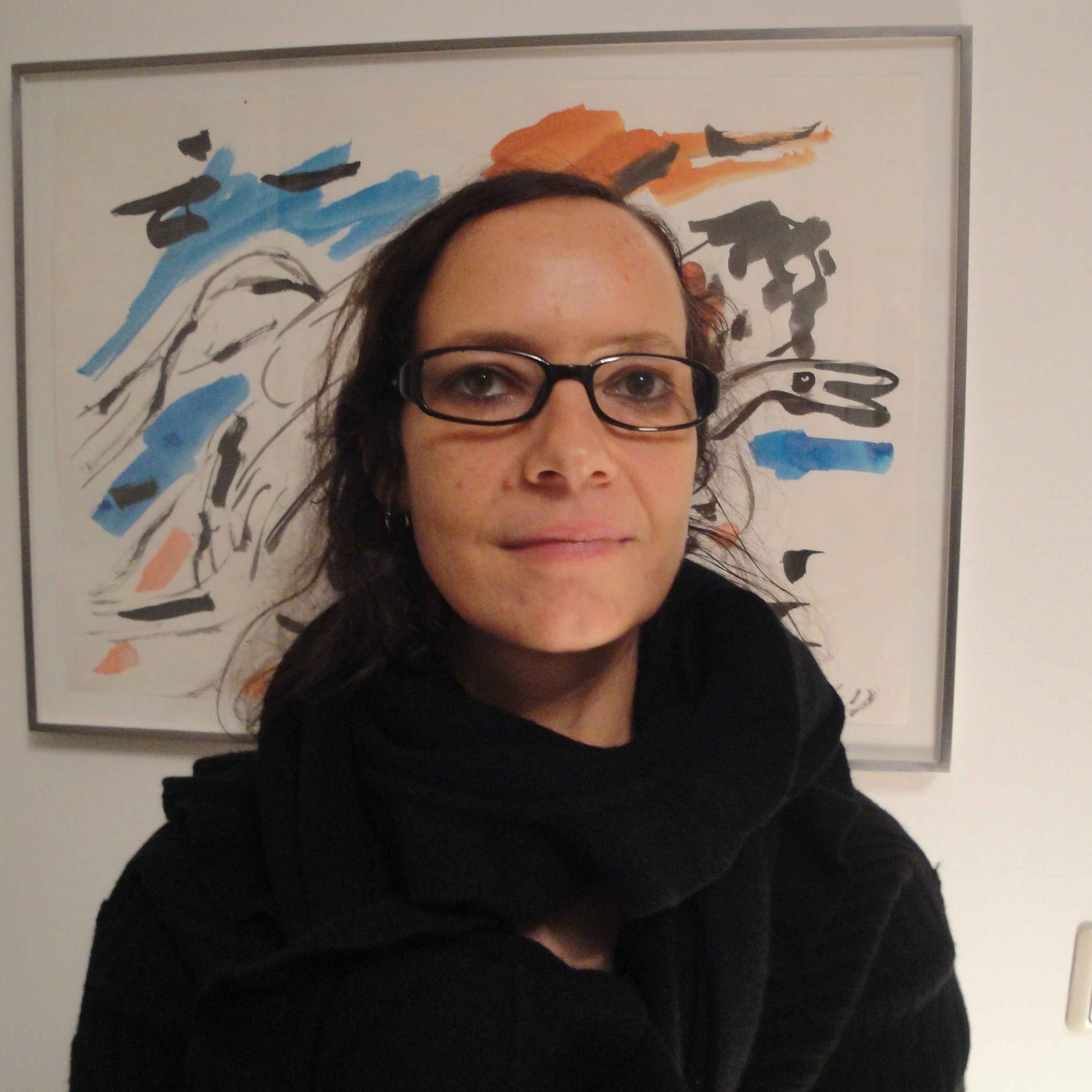
Libertad Gills is a filmmaker, researcher and videoessayist. Her writing on film has appeared in Senses of Cinema, Short Film Studies, desistfilm, Kino Slang, La vida útil, La Furia Umana, and Fuera de Campo, and her films have screened in Prismatic Ground, Open City Documentary Film Festival, FilmFest Dresden, Cámara Lúcida, EDOC, Pan-Cinema Experimental Festival, and more festivals worldwide. She is currently the Post-Doc Researcher for the Future of Cinema and the Audiovisual Arts at the Università della Svizzera italiana, in partnership with Locarno Film Festival.
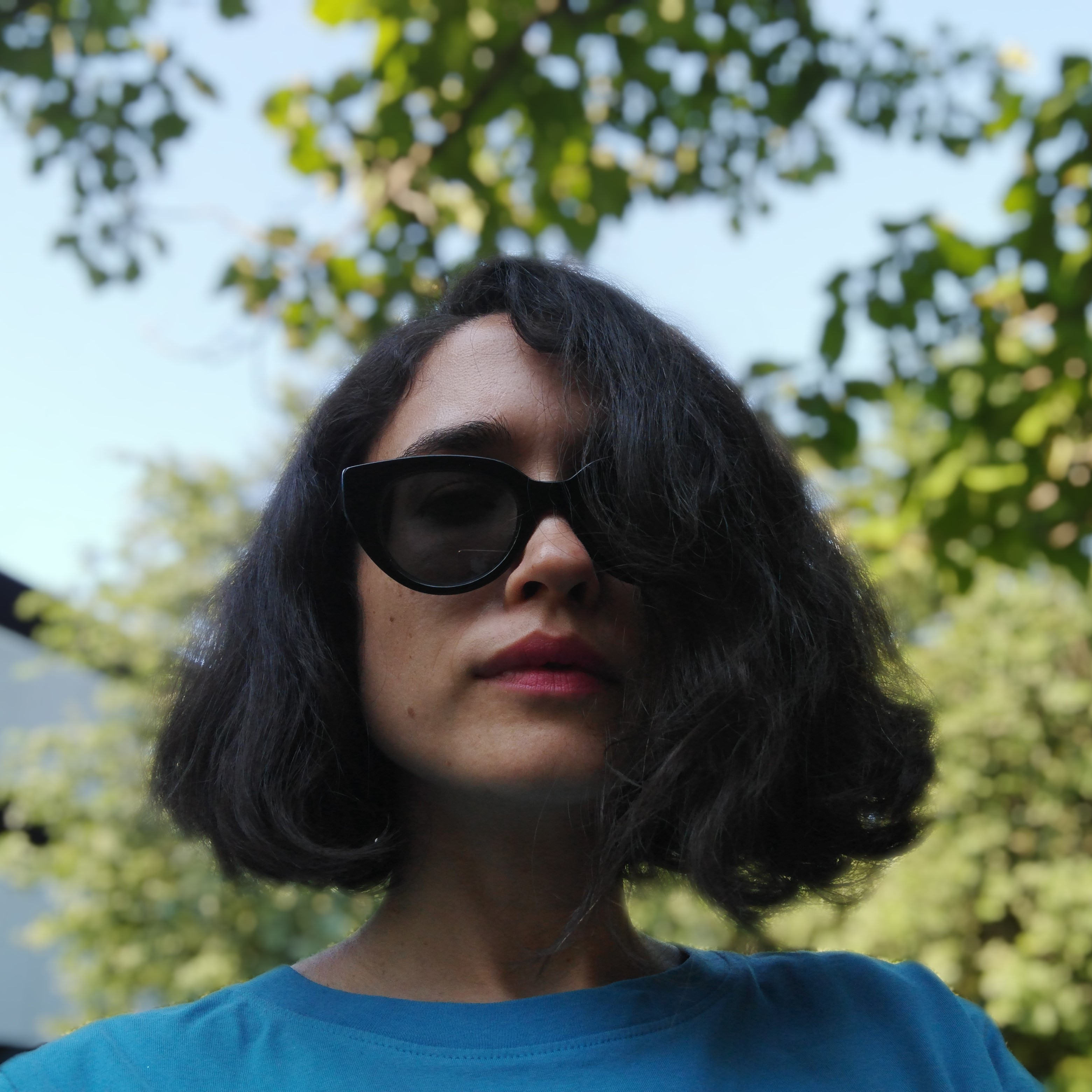
Lisabona Rahman studied film preservation and presentation. She creates performative lectures and screenings of archival films. Her approach comes from intersecting interests on cinema practice and history in post-colonial societies, transnational networks and women's work. Lisabona actively takes part in the circulation of knowledge among feminists, especially around the Nusantara archipelago. She is a member of Kelas Liarsip virtual study group for feminist film history and co-founder of translocal School of Women’s Thoughts.
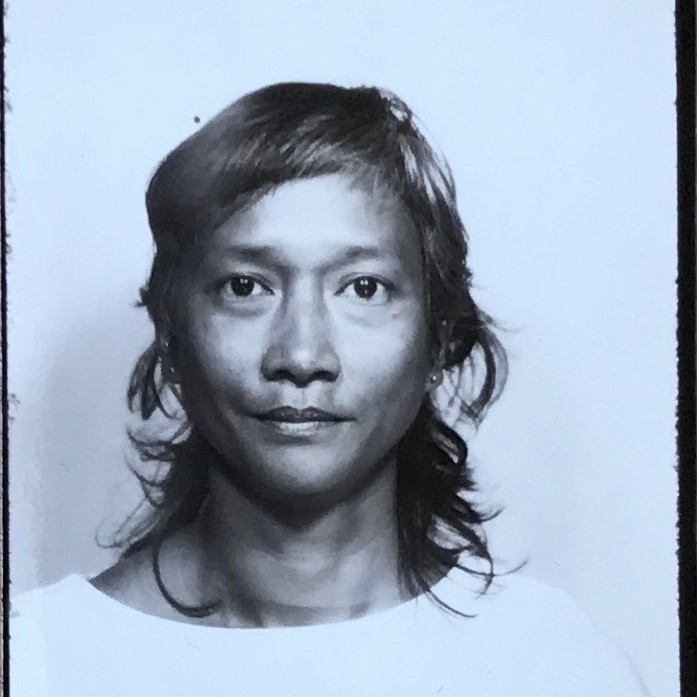
Madeleine Bernstorff (Berlin), writer und film curator. Research-based, mostly collaborative projects. Co-founder of Kino Sputnik Berlin in 1984 as well as the feminist film group Blickpilotin in 1989. Film/video programmes about Early Cinema and the Suffragette Movement, filmmaker René Vautier in an internationalistic and anti-colonialistic context, Carole Roussopoulos’ video activism, „Kamerahelm“-artist Margaret Raspé or the political/technical surroundings of film activist Ella Bergmann-Michel’s works. Bernstorff is a member of the commission of International Short Film Festival Oberhausen and teaches film history. Occasionally films/videos of the „small kind“: trailers, video-letters, Super8-movies. In 2016/17 she produced the 23-video-series NSU-Komplex auflösen! with the group SPOTS.
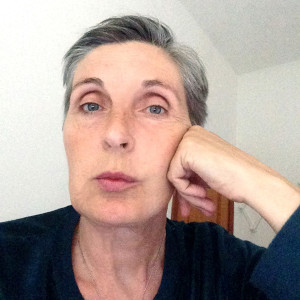
Nelissen is a Dutch composer and pianist with a special interest in music for silent film. She worked in Italy with Charlie Chaplin's last music arranger, Eric James. She is now a much sought-after silent film pianist and composer at festivals in Europe, the USA and Asia.
Maud established her own silent film music ensemble, The Sprockets, and has performed with them as well as other ensembles at home and abroad. Maud Nelissen has collaborated with Kinothek Asta Nielsen many times in the past; for Remake 2021 and 2019 she composed the music for SHOES (1916, Lois Weber) and HINDLE WAKES (1927, Maurice Elvey). The composition for NORRTULLSLIGAN was also commissioned by the Kinothek.
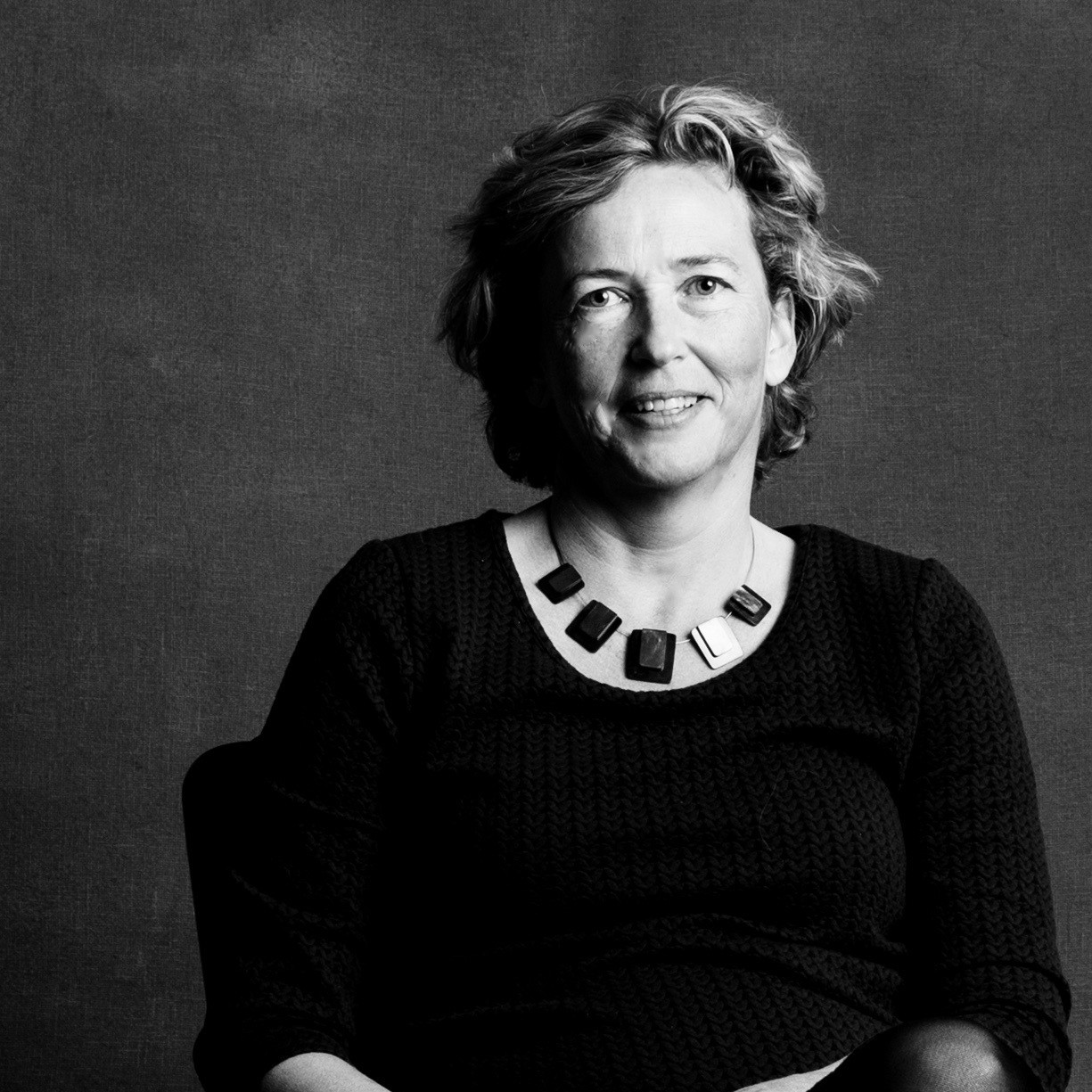
Dr. Maxa Zoller is the Artistic Director of the Dortmund+Köln, one of the world’s oldest and largest women film festivals. Maxa received her Ph.D. from Birkbeck College, where she studied wtih Ian Christie and Laura Mulvey. Her interest in the interrelationship between art and cinema has marked her academic career; she taught art and film history and theory at the American University in Cairo, Goldsmiths College and Sotheby’s Institute of Art, London, amongts others. It has also informed her curatorial work for Tate Modern, no.w.here, Art Basel and the EYE Filmmuseum in Amsterdam, where she co-curated a major solo exhibition of Anthony McCall in 2014. Her understanding of ‚expanded cinema‘ also informs her work as director of the Dortmund+Köln, where she initiated artist residencies and book publications.
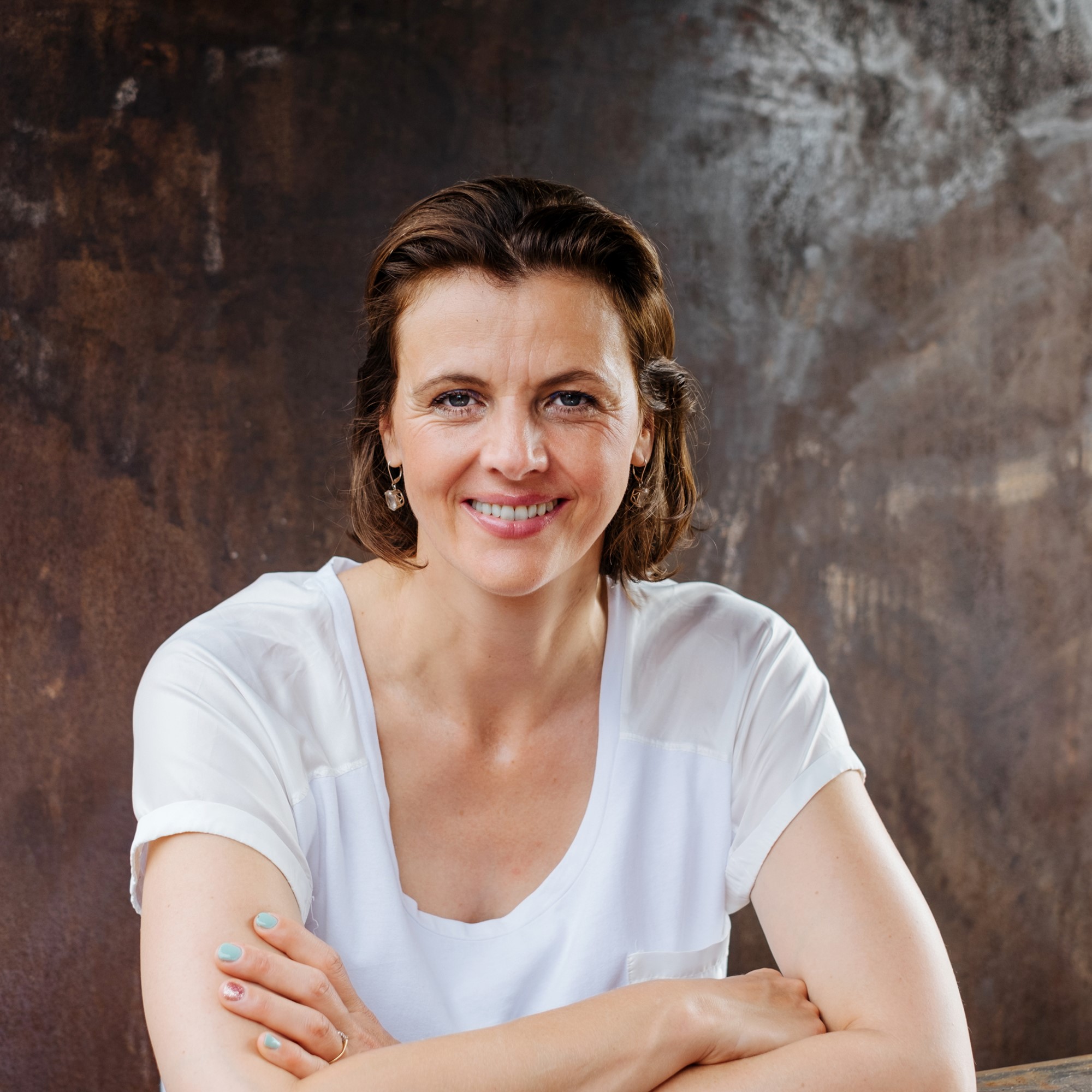
Michaela Dietl, born in Landshut, has developed her own music and her own songs in several languages. She did her apprenticeship as an accordionist on the streets of Europe. The BR has dedicated a Lebenslinie to her extraordinary career, "Michaela und ihre Quetschenweiber", a film by Juliane Schuhler. She composes for documentary films and theater productions, among others. In her solo programs, she sings and plays with "elemental power and "borderline genius" (press).
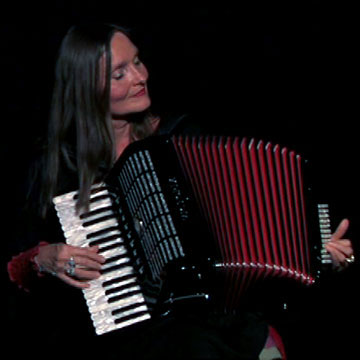
Nuria Cafaro works at the Cologne Women's History Association for the self-organization of migrants, organizes city tours on the history of women's migration and is active in educational work on trade union and migration history. She studied philosophy, history and educational sciences and is doing her doctorate at the University of Cologne on labor disputes in Italy, France and West Germany around 1968. Her work also focuses on the history of the Italian workers' movement and that of migrant protest in the Federal Republic of Germany, in particular that of the Cologne Ford strike of 1973.
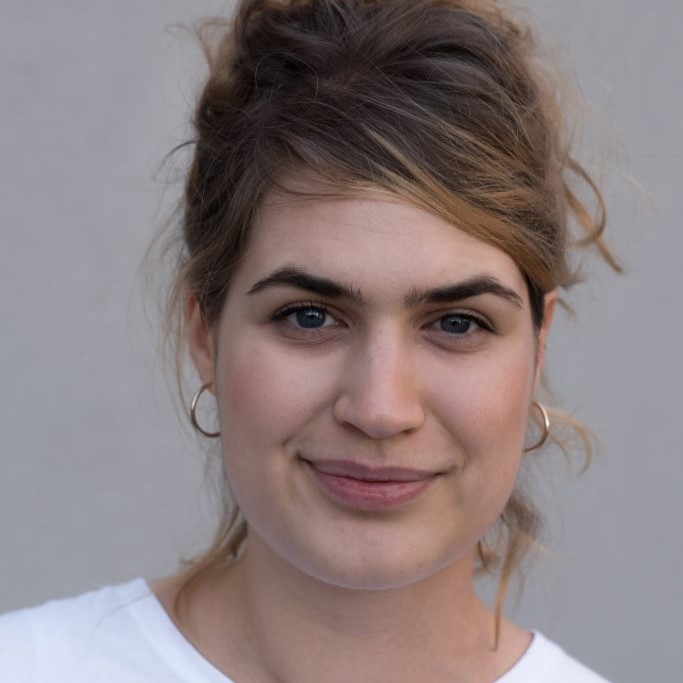
Rachel Pronger is a writer and curator based in Berlin. She is a programme adviser for Sheffield DocFest, BFI London Film Festival and Aesthetica Short Film Festival, and a team member of SiNEMA TRANSTOPIA. As co-founder of archive activist feminist collective Invisible Women, Rachel has co-curated screenings for BFI Southbank, Cinema Rediscovered, HOME Manchester, BalkanCanKino Athens, London Short Film Festival and Glasgow Film Theatre. Her writing has been published by outlets including Sight & Sound, The Guardian, MUBI Notebook, Art Monthly and BBC Culture.
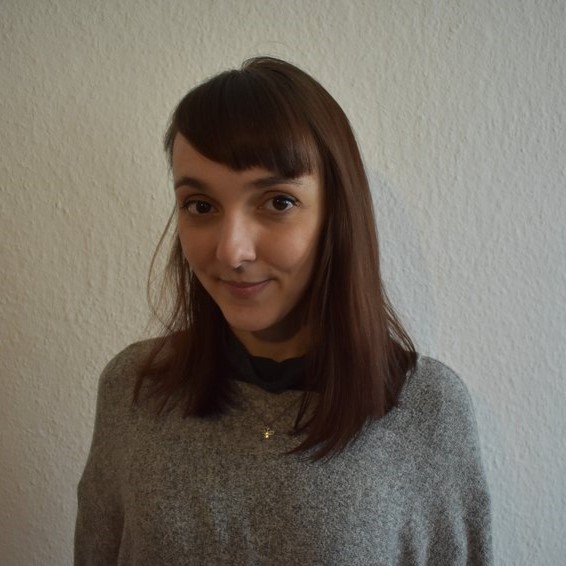
Regina Ulwer, documentary filmmaker, born in Wellerode, Germany. Studies at Free University Berlin: Journalism and Theatre Studies, MA. Scholarship Women Studies San Francisco State University. Documentary film work and projects on cultural exchange and sustainable development.
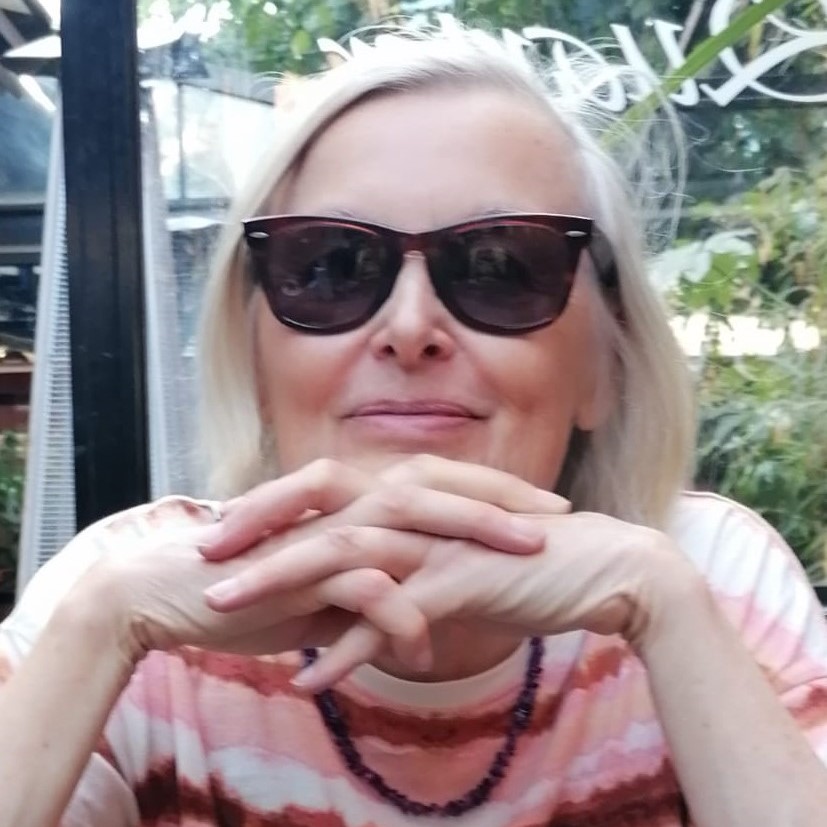
Bekkers studied classical accordion at the Fontys Academy of Music (Netherlands) and at the Royal Danish Academy of Music in Copenhagen. In search of new possibilities for expression and sound, she ventured out of the classical music world. She played in various chamber music groups and released several CD recordings. Today she teaches at the Academy of Music and Performing Arts Tilburg and is executive director of De Link, an organisation for contemporary music.

Sarah Turner is an artist who writes and makes films. Known in particular for her three feature films, ECOLOGY, 2007, PERESTROIKA, 2010, and PUBLIC HOUSE, 2016: a trilogy forming a web of concerns that are broadly linked through ideas of ecologies – psychic, environmental and social. A distinctive approach to sound characterizes these works, all three of which she sound designed and composed herself. Sarah is currently working on a sci fi/ paranormal trilogy: Zone 3. Set in the near future - and an indeterminate past - two teenage girls take a musical journey beyond AI, tech control and resource extraction into multi dimensional consciousness. Here, sound connects the ethereal and embodied, creating form and dissolving the boundaries between the worlds.
